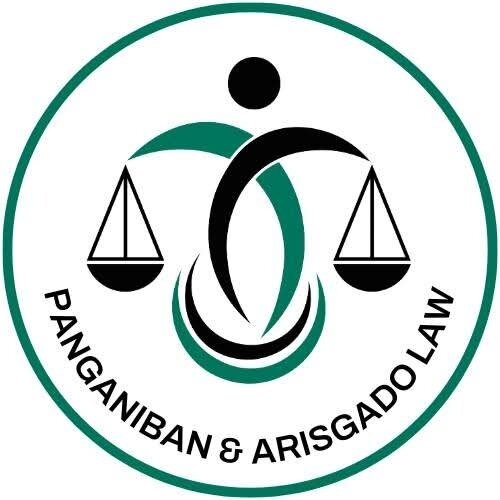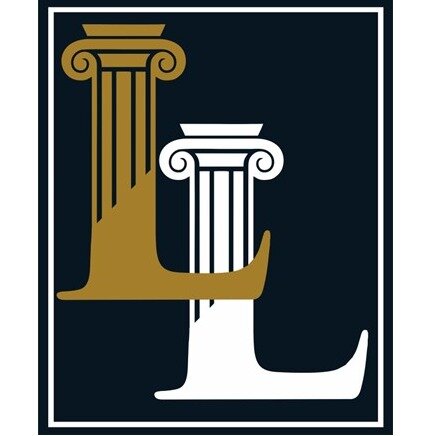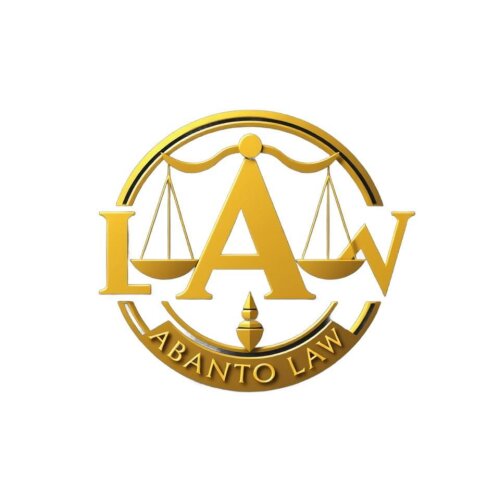Best Constitutional Law Lawyers in Philippines
Share your needs with us, get contacted by law firms.
Free. Takes 2 min.
Or refine your search by selecting a city:
List of the best lawyers in Philippines

Dagsaan Monterde Castillo Law and Notary Public (DMC LAW)
15 minutes Free ConsultationAbout Constitutional Law in the Philippines
Constitutional Law in the Philippines is derived primarily from the 1987 Constitution, which serves as the supreme law of the land. It establishes the framework of government, delineates the separation of powers, and enshrines the rights and freedoms of its citizens. Philippine Constitutional Law covers a wide range of topics, including the executive, legislative, and judicial branches of government, individual rights, and the principles of democracy and accountability. Understanding this area of law is fundamental for anyone interested in pursuing justice, interacting with governmental entities, or protecting their rights under the Constitution.
Why You May Need a Lawyer
Individuals may need to seek legal advice in Constitutional Law for numerous reasons, including:
1. **Violation of Rights**: If you believe that a government entity has violated your constitutional rights, such as freedom of speech, assembly, or due process, a lawyer can help you navigate the complexities of filing a claim.
2. **Judicial Review**: Challenging the constitutionality of a law or executive order often requires detailed legal analysis, which a lawyer specializing in constitutional law can provide.
3. **Government Disputes**: When involved in disputes with government agencies or understanding governmental policies and regulations, legal counsel may be crucial.
4. **Political Advocacy**: For individuals or groups engaged in advocacy work, understanding constitutional provisions can empower them to push for legislative reform or public policies effectively.
Local Laws Overview
The Philippine legal system is a mixture of civil law and common law, but Constitutional Law remains distinct as the Constitution governs all laws and statutes. Key aspects of Constitutional Law in the Philippines include:
1. **Bill of Rights**: Encompasses essential civil liberties and freedoms that the government must respect.
2. **Separation of Powers**: The Constitution outlines the division of power among the executive, legislative, and judiciary branches to prevent abuses.
3. **Judicial Power and Independence**: The judiciary has the authority to interpret the Constitution and assess the constitutionality of laws and acts of government bodies.
4. **Amendment Process**: The Constitution provides a procedure for amendments, which is vital for adapting legal frameworks to changing societal needs.
Frequently Asked Questions
1. What are the essential freedoms guaranteed by the Philippine Constitution?
The key freedoms include freedom of speech, religion, the press, peaceful assembly, and the right to due process and equal protection under the law.
2. How can laws be declared unconstitutional in the Philippines?
The Supreme Court holds the power to declare a law unconstitutional during judicial review if it finds the law in violation of the Constitution.
3. What is Habeas Corpus in the context of Philippine Constitutional Law?
Habeas Corpus is a legal remedy against unlawful detention, ensuring that a detainee is brought before a court to assess the legality of detention.
4. How is the President’s power checked under the Constitution?
The Constitution provides checks on presidential power through the principle of separation of powers, allowing legislative and judicial branches to review executive actions.
5. Can the Constitution be amended?
Yes, the Constitution can be amended through a constituent assembly, constitutional convention, or people's initiative, following the specific processes outlined therein.
6. What role does the Commission on Human Rights play in Constitutional Law?
The Commission on Human Rights is tasked with investigating human rights violations and providing recommendations to various branches of government to promote and protect human rights.
7. How does martial law affect constitutional rights?
Martial law is declared in situations of extreme necessity and can lead to the suspension of certain civil rights, but it is subject to oversight by Congress and the judiciary to prevent abuse.
8. What does due process entail in the Philippines?
Due process guarantees fair treatment through the normal judicial system, especially as a citizen’s legal entitlements are concerned.
9. Are there constitutional protections for indigenous peoples in the Philippines?
Yes, the Constitution and various national laws provide for the protection, recognition, and promotion of the rights of indigenous cultural communities and indigenous people.
10. What is the function of the Office of the Ombudsman in the Philippines?
The Office of the Ombudsman addresses grievances of the people, studies governmental activities, promotes efficiency, and investigates public office abuses and anomalies.
Additional Resources
For further assistance in Constitutional Law, consider these resources:
1. **Supreme Court of the Philippines**: Offers access to decisions and legal resources.
2. **Integrated Bar of the Philippines (IBP)**: Provides services and referrals to practicing lawyers who can give legal advice.
3. **Commission on Human Rights**: Engaged in protecting human rights and providing guidance on legal matters.
4. **Legal-Aid Clinics in Law Schools**: Several universities offer free legal aid clinics for those in need.
Next Steps
If you require legal assistance in Constitutional Law:
1. **Consult a Lawyer**: Seek an attorney specializing in Constitutional Law through the Integrated Bar of the Philippines or private law firms.
2. **Gather Documentation**: Prepare all relevant documents, records, or evidence pertaining to your situation to provide a comprehensive picture to your legal counsel.
3. **Consider Public Defenders**: If financial constraints are an issue, public defenders or legal aid services may provide the legal assistance you need at little or no cost.
4. **Stay Informed**: Keep abreast of constitutional amendments and local laws through credible news sources and official government announcements.
Lawzana helps you find the best lawyers and law firms in Philippines through a curated and pre-screened list of qualified legal professionals. Our platform offers rankings and detailed profiles of attorneys and law firms, allowing you to compare based on practice areas, including Constitutional Law, experience, and client feedback.
Each profile includes a description of the firm's areas of practice, client reviews, team members and partners, year of establishment, spoken languages, office locations, contact information, social media presence, and any published articles or resources. Most firms on our platform speak English and are experienced in both local and international legal matters.
Get a quote from top-rated law firms in Philippines — quickly, securely, and without unnecessary hassle.
Disclaimer:
The information provided on this page is for general informational purposes only and does not constitute legal advice. While we strive to ensure the accuracy and relevance of the content, legal information may change over time, and interpretations of the law can vary. You should always consult with a qualified legal professional for advice specific to your situation.
We disclaim all liability for actions taken or not taken based on the content of this page. If you believe any information is incorrect or outdated, please contact us, and we will review and update it where appropriate.
Browse constitutional law law firms by city in Philippines
Refine your search by selecting a city.















